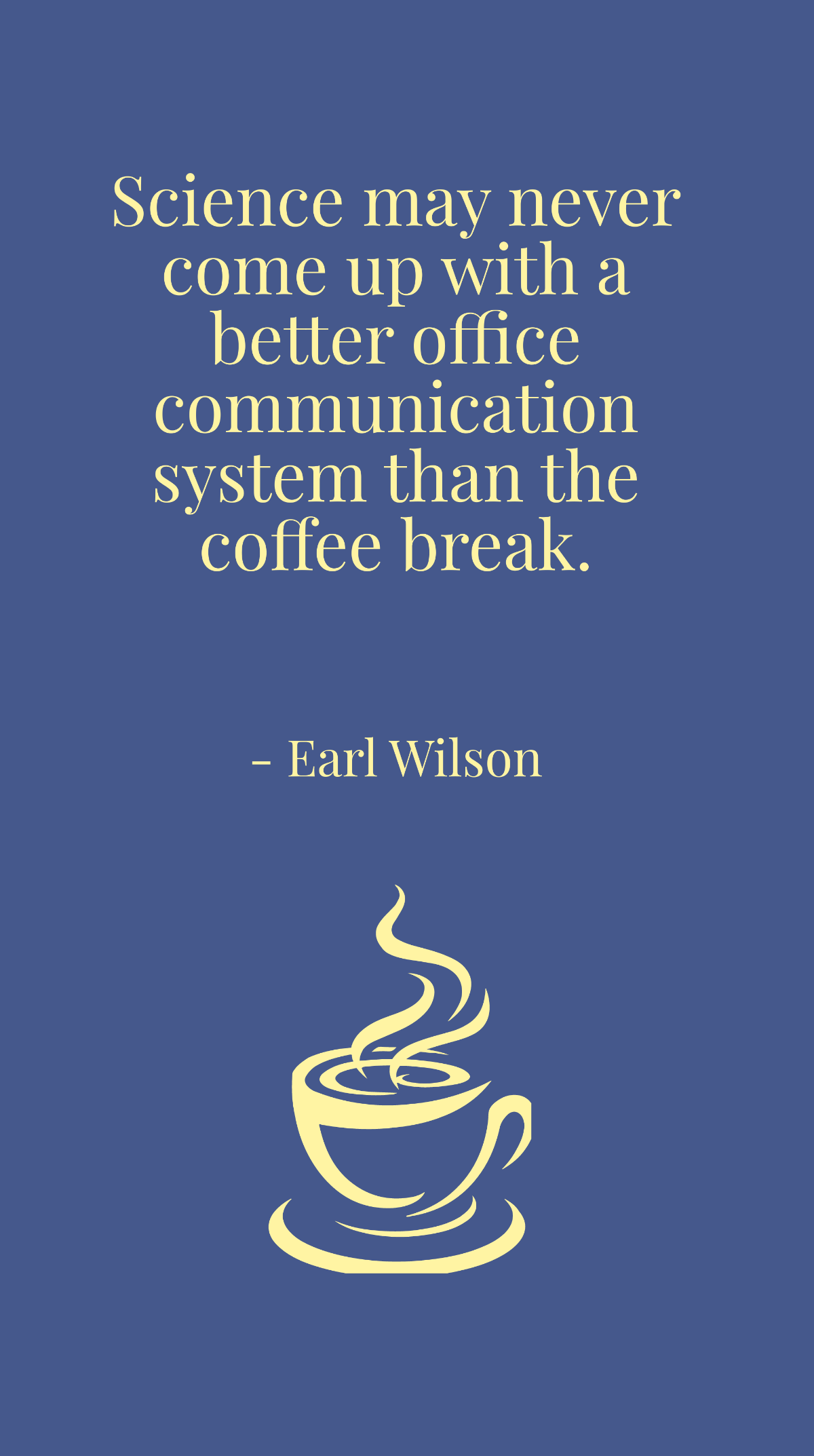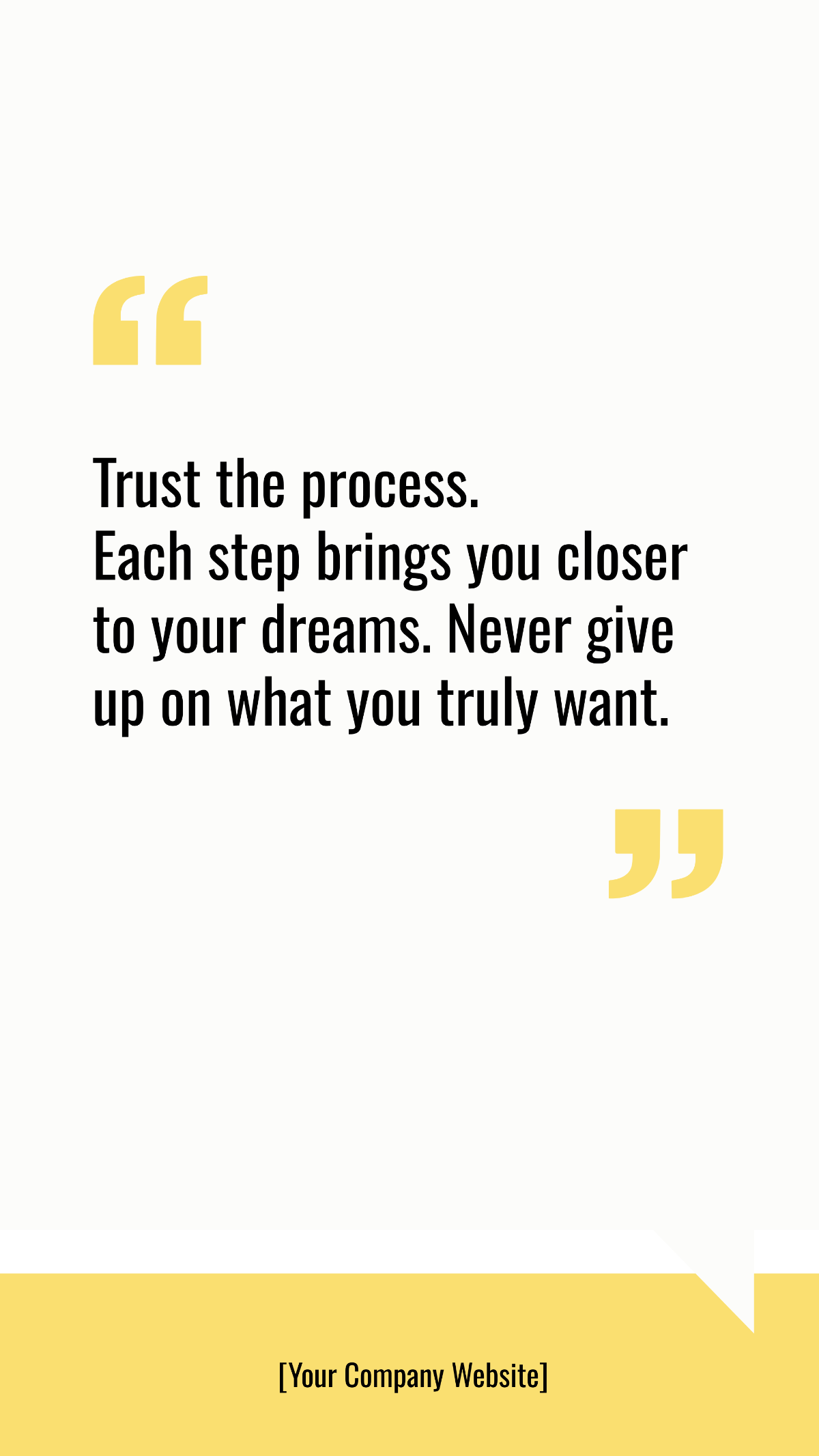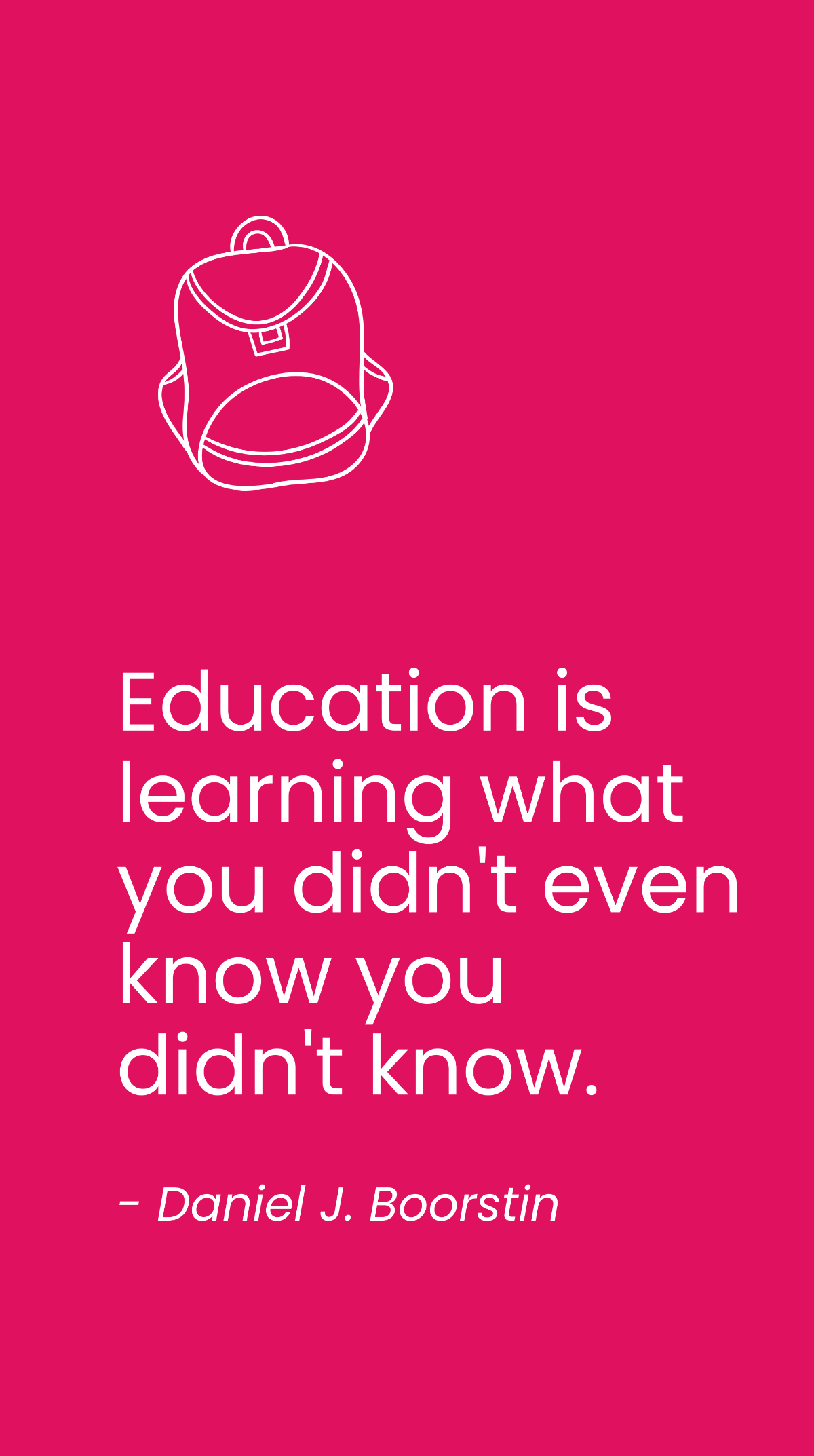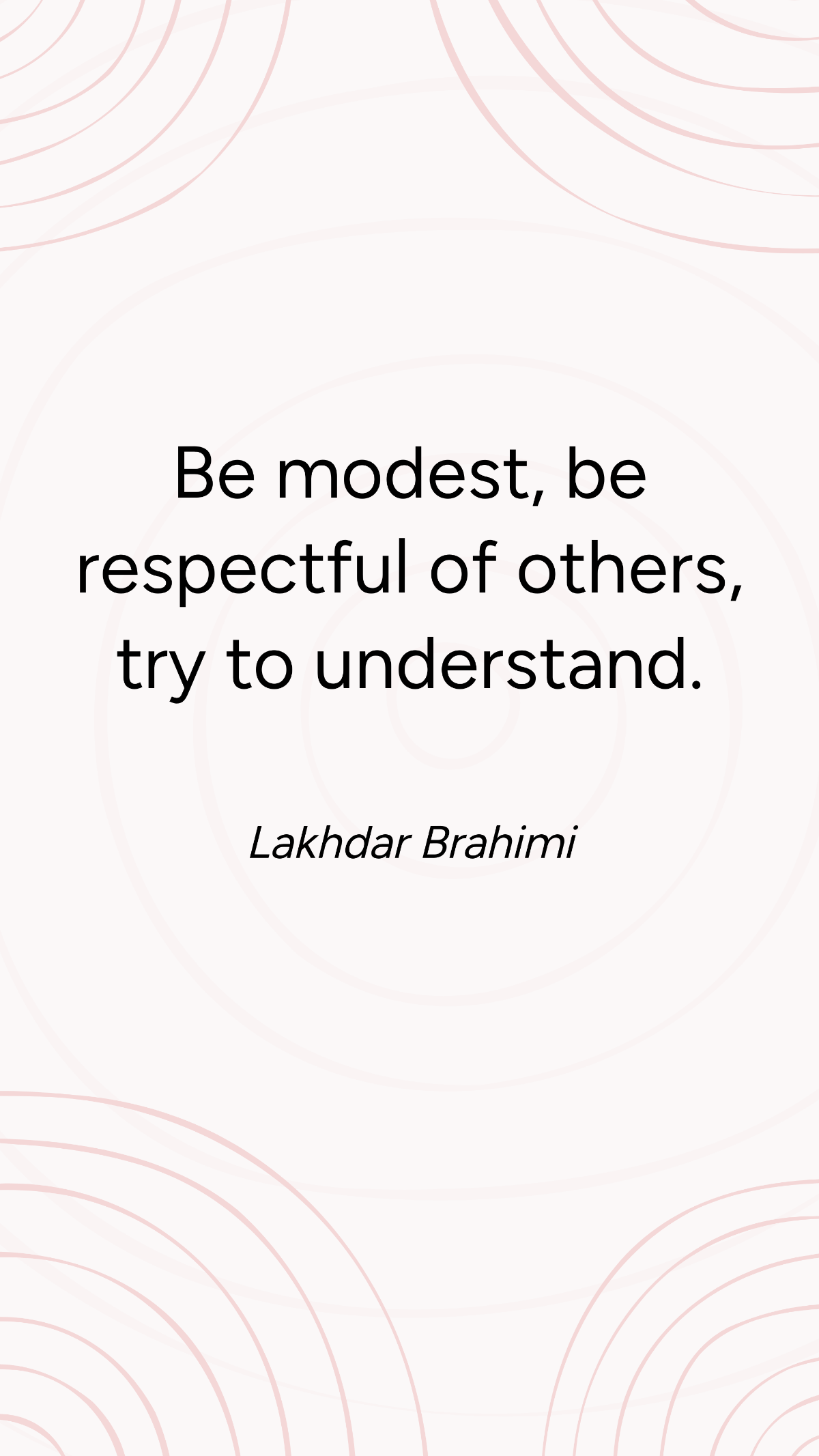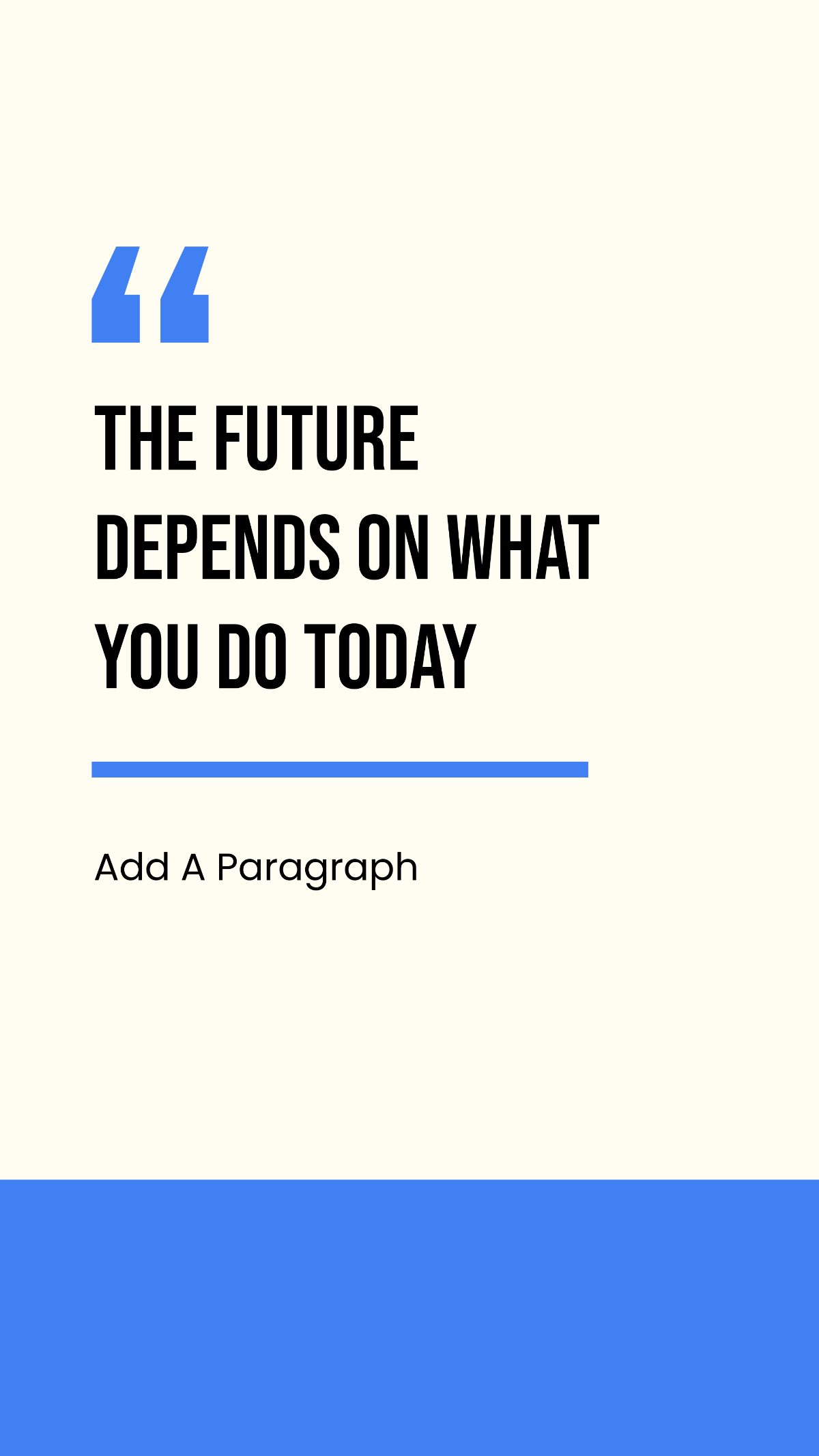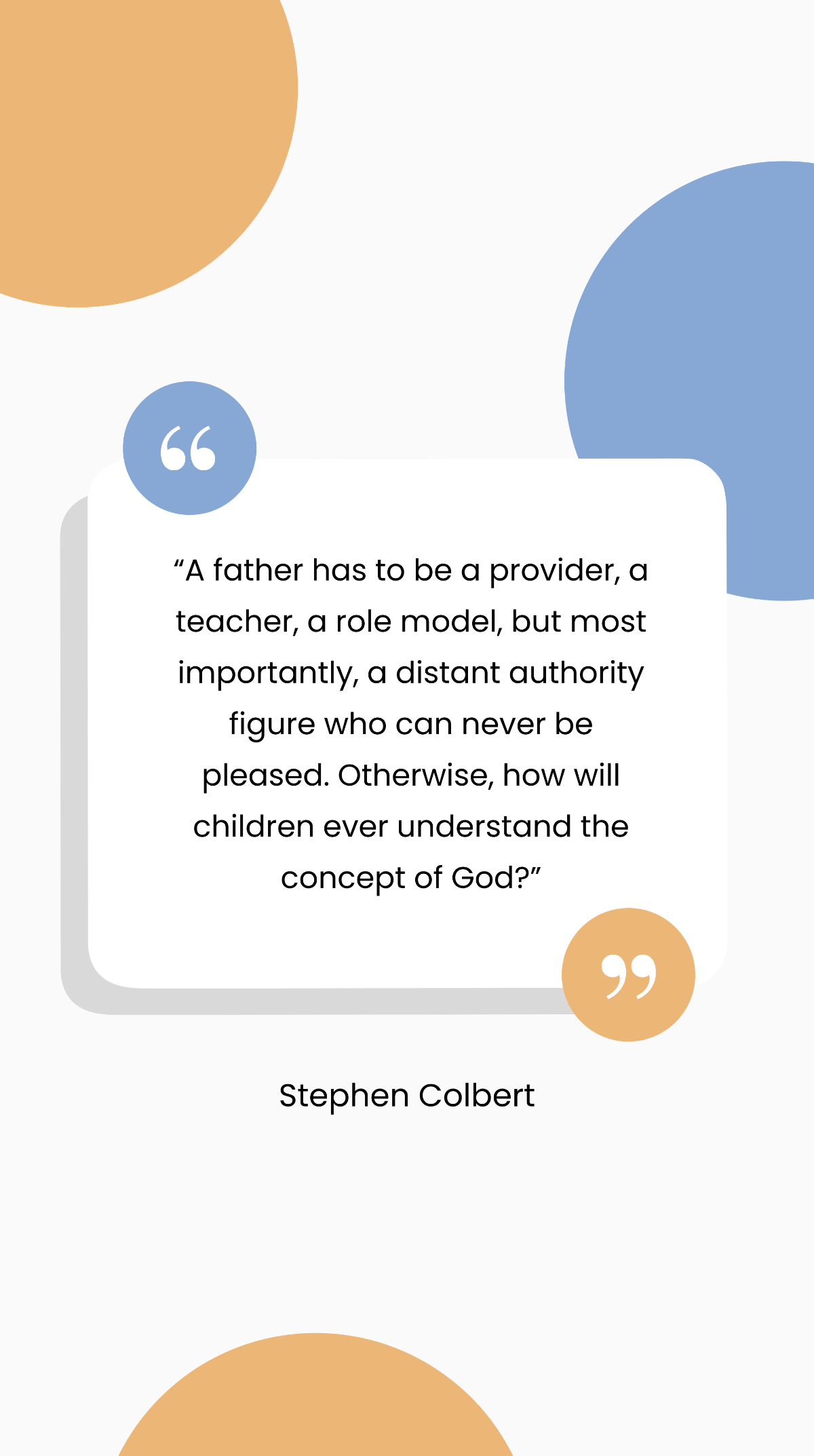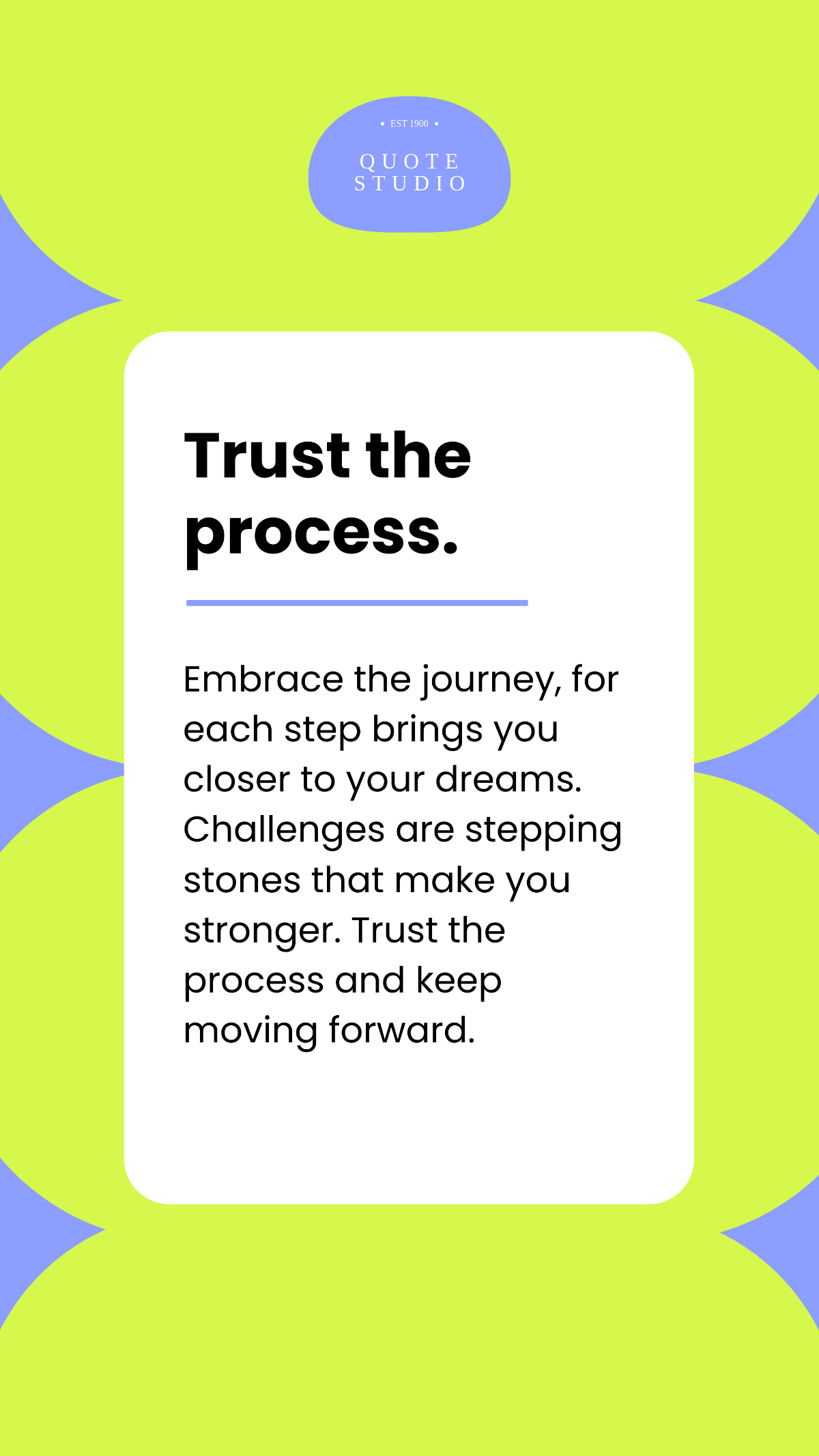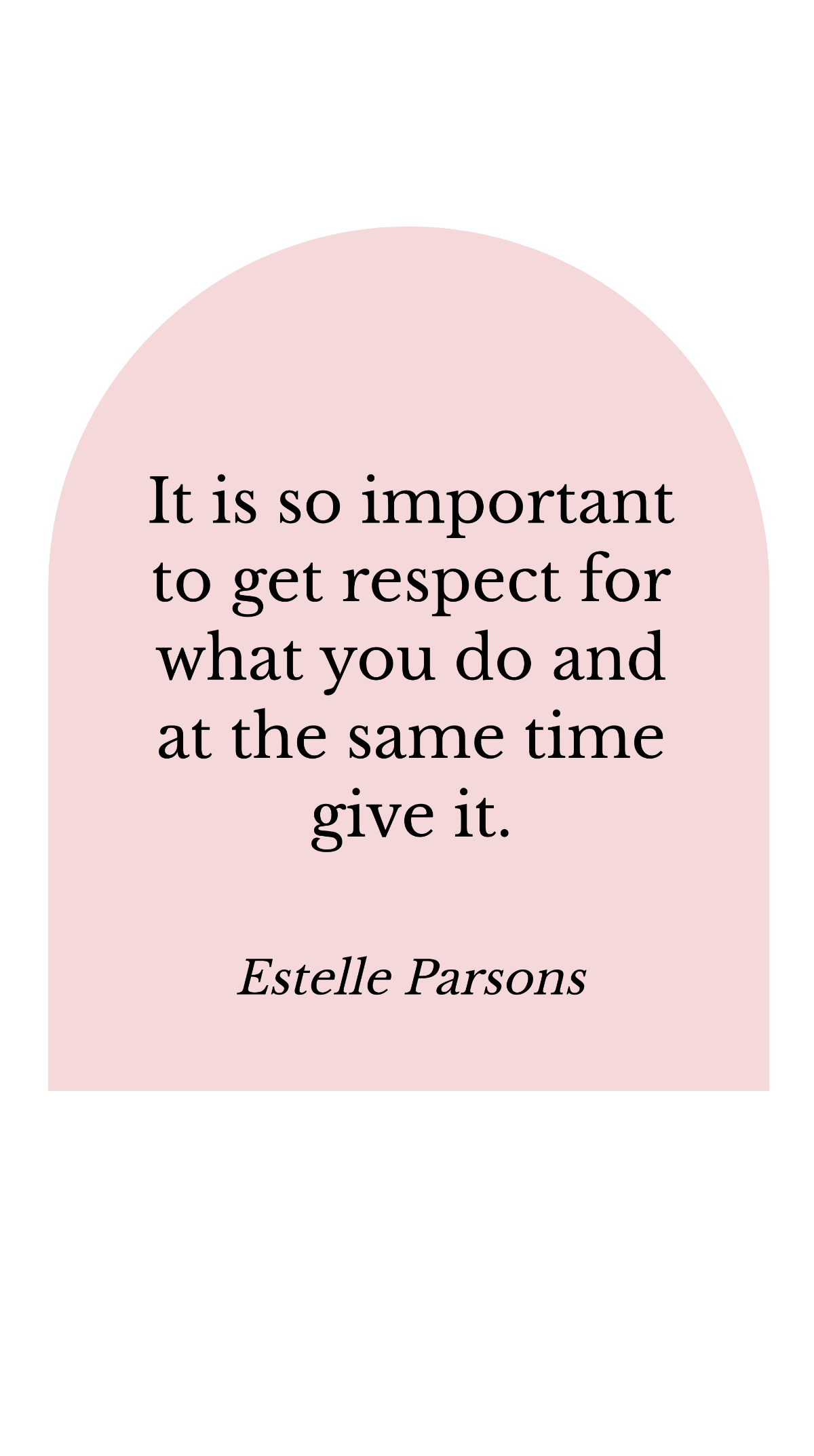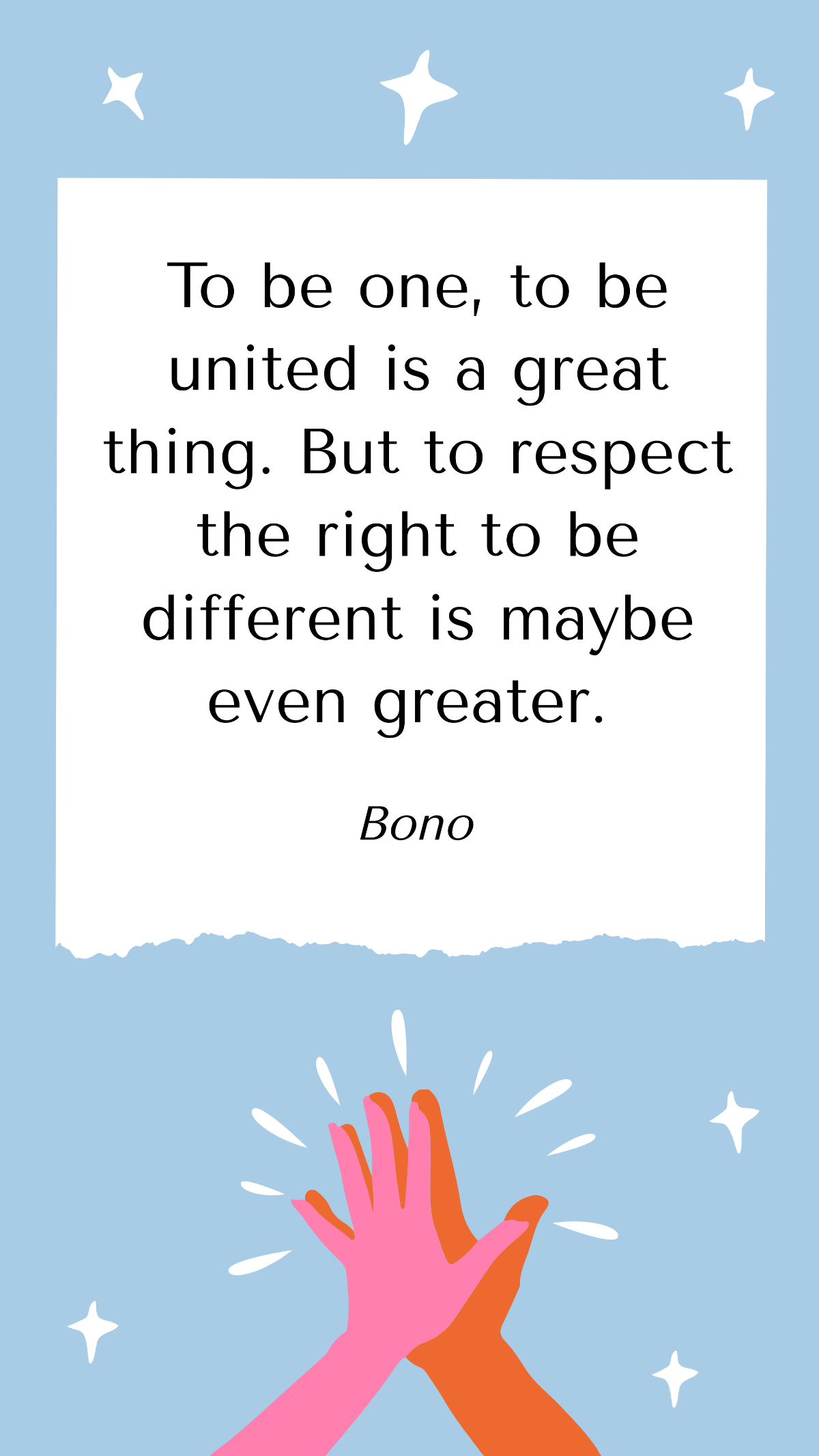Sales Best Quote Practices Protocol Template
Sales Best Quote Practices Protocol
I. Introduction
In today's competitive business landscape, effective sales practices are more critical than ever. Sales teams are at the forefront of any organization, and their ability to provide accurate and compelling quotes directly impacts the company's success. This Sales Best Quote Practices Protocol serves as a comprehensive guide to ensure that our sales team operates at the highest level of professionalism and efficiency in the quoting process.
II. Purpose
The primary purpose of this Sales Best Quote Practices Protocol is to establish a structured and standardized approach to creating and delivering quotes. This approach is designed to achieve several critical objectives:
Enhance Customer Satisfaction
Customer satisfaction is the cornerstone of our business. By following the guidelines in this protocol, our sales team will consistently provide quotes that are transparent, accurate, and tailored to meet each customer's unique needs. This, in turn, will lead to higher levels of customer satisfaction and loyalty.
Improve Competitive Advantage
In today's competitive market, pricing is a key differentiator. This protocol will guide our sales team in developing pricing strategies that strike a balance between competitiveness and profitability. By staying competitive, we can attract and retain more customers while maintaining healthy margins.
Streamline Quoting Process
Efficiency is crucial in the quoting process. This protocol outlines a step-by-step approach to creating quotes, ensuring that our sales team can produce quotes quickly and accurately. By streamlining the process, we reduce the risk of errors and delays.
Provide a Reference Guide
Consistency is essential in our quoting process. This protocol serves as a reference guide for all members of our sales team. It provides a clear and accessible resource that sales representatives can turn to when they need guidance on best practices in quoting.
III. Scope
The scope of this Sales Best Quote Practices Protocol is extensive, encompassing all facets of the quoting process within [Your Company Name]. It is imperative to define the boundaries to ensure that all sales team members understand the areas and activities to which this protocol applies.
Sales Team Members
This protocol applies to every member of our dedicated sales team, regardless of their seniority or specific role. From sales representatives and account managers to sales directors and executives, every individual involved in the quoting process is expected to adhere to the guidelines set forth herein.
Quoting Lifecycle
The quoting process is not limited to a single step but is a comprehensive journey from initial customer interaction to finalizing a deal. This protocol covers the entire quoting lifecycle, including but not limited to:
Understanding customer needs and requirements
Developing pricing strategies
Conducting competitive analysis
Preparing proposals and quotes
Presenting quotes to customers
Engaging in negotiations
Closing deals
Customer Engagement
Our commitment to delivering outstanding quotes extends to all customer engagements, whether they are prospective or existing clients. We recognize that accurate and transparent quoting is vital to nurturing existing relationships and winning new business.
Geographic and Market Scope
[Your Company Name] operates in diverse markets and geographical regions. This protocol applies universally, ensuring that our quoting practices are consistent and aligned with our values and goals, regardless of where we operate.
IV. Responsibilities
To ensure the effective implementation of this Sales Best Quote Practices Protocol, it is essential to delineate the responsibilities of key individuals and teams within [Your Company Name].
Sales Director
[Your Name], as the Sales Director, assumes overall responsibility for overseeing the implementation, compliance, and continuous improvement of this protocol. Your role involves:
Providing guidance and support to the sales team
Monitoring adherence to the protocol's guidelines
Addressing any challenges or concerns related to quoting practices
Collaborating with other departments to improve the quoting process
Sales Team Members
All sales team members have a fundamental responsibility to follow the guidelines outlined in this protocol diligently. This includes:
Familiarizing themselves with the content of this protocol
Applying the best quote practices in their daily work
Reporting any issues or suggestions for improvement to their supervisors
Participating in training and development opportunities related to quoting
Cross-Functional Collaboration
To ensure the highest level of accuracy and customer satisfaction in our quoting process, collaboration with other departments is critical. Sales team members should actively engage with:
Product and service teams to stay updated on offerings
Marketing teams to align messaging and promotions
Finance teams to ensure pricing strategies are sustainable
Compliance Officer
The compliance officer, if applicable, is responsible for monitoring and ensuring that the quoting process adheres to all relevant legal and regulatory requirements. They play a crucial role in safeguarding the company's reputation and legal standing.
Training and Development
In addition to their daily responsibilities, sales team members are encouraged to participate in ongoing training and development programs related to quoting practices. This proactive approach ensures that our team remains up-to-date with industry trends and continuously improves their skills.
V. Best Quote Practices
Our commitment to excellence in quoting extends across various stages of the quoting process. These best quote practices provide a comprehensive roadmap for our sales team to follow, ensuring that every quote we deliver is not only competitive but also aligned with our customer-centric values.
Understanding Customer Needs
Understanding our customers' needs is the foundation of effective quoting. This stage involves:
Conducting thorough customer interviews to gain insights into their requirements.
Documenting customer preferences and expectations, paying attention to specific details.
Collaborating with other departments, such as product development and customer support, to gather all relevant data.
Pricing Strategy
Developing a well-defined pricing strategy is essential for both profitability and competitiveness. Our pricing strategy should:
Balance competitiveness with profitability to ensure sustainable growth.
Consider volume discounts, promotional pricing, and special offers when applicable.
Regularly review and update pricing to stay aligned with market trends and customer expectations.
Competitive Analysis
A deep understanding of our competitors is key to positioning our quotes effectively. This stage involves:
Conducting thorough research on competitors' pricing and offerings.
Identifying our unique selling points and leveraging them in our quotes.
Strategically positioning our quotes to highlight our strengths and differentiation.
Proposal Preparation
Creating compelling and clear proposals is crucial. Our proposals should:
Be clear and concise, addressing the customer's needs and expectations.
Ensure that all relevant products and services are included.
Utilize professional templates and branding to convey our commitment to quality.
Presentation
The presentation of quotes is an art that requires professionalism and clarity. This stage involves:
Presenting quotes professionally, whether in person, via email, or other communication channels.
Explaining pricing and terms clearly and transparently.
Addressing customer questions and concerns promptly and courteously.
Negotiation
Negotiation skills are vital to arriving at mutually beneficial agreements. Our negotiation process should:
Be well-prepared, with a clear understanding of our limits and objectives.
Focus on value and seek outcomes that are advantageous to both parties.
Maintain a positive and respectful attitude throughout the negotiation process.
Closing
Closing a deal effectively requires attention to detail. This stage involves:
Clearly outlining the next steps in the process to avoid confusion.
Confirming agreement terms in writing and with the customer.
Sending formal documentation promptly to solidify the deal.
VI. Data and Metrics
Data and metrics are essential tools for assessing the effectiveness of our quoting practices and driving continuous improvement.
Maintain Records
Sales team members should maintain accurate records of all quotes, interactions, and outcomes.
These records should include customer details, quote details, and any relevant notes or comments.
Analyze Win/Loss Ratios
Regularly analyze win/loss ratios to understand our success rates.
Identify the reasons for both successful and unsuccessful quotes.
Use this analysis to make data-driven improvements to our quoting process.
Continuous Improvement
Encourage sales team members to provide feedback on the quoting process.
Identify areas for improvement based on feedback and data analysis.
Implement changes and updates to quoting practices to enhance effectiveness.
VII. Training and Development
Continuous training and development are integral to maintaining a highly skilled and effective sales team. Our commitment to excellence in quoting requires that we invest in the professional growth of our sales representatives. This section outlines the key components of our training and development approach.
Ongoing Training
We provide ongoing training programs to our sales team members to keep them updated on the latest industry trends, market dynamics, and quoting best practices.
Training sessions are conducted regularly and cover a range of topics, including product knowledge, negotiation skills, and customer relationship management.
Access to Resources
Our sales team members have access to a comprehensive library of resources, including sales playbooks, industry reports, and competitive analysis tools.
These resources are designed to empower our team with the information they need to excel in their roles.
Skill Enhancement
We encourage our sales representatives to participate in skill enhancement programs and workshops that focus on areas such as communication skills, time management, and presentation skills.
These programs are aimed at equipping our team with the soft skills required for successful quoting and customer engagement.
Mentorship and Coaching
Mentorship and coaching are integral to our training approach. Experienced team members mentor junior representatives to provide guidance and support.
Regular coaching sessions help identify areas for improvement and provide personalized feedback for growth.
VIII. Documentation
Accurate and organized documentation is a fundamental aspect of our quoting process. It ensures transparency, compliance, and efficient communication within our organization. This section details our approach to documentation.
Record Keeping
Sales team members are responsible for maintaining accurate records of all quotes, customer interactions, and relevant notes.
These records should include customer names, contact information, quote details, and any specific customer preferences or requirements.
Centralized Repository
To streamline access to documentation, we maintain a centralized repository where all sales-related documents are stored.
This repository is accessible to authorized team members and is organized for easy retrieval of information.
Compliance with Regulations
We are committed to adhering to all relevant data protection and privacy regulations. Sales team members are responsible for ensuring that customer data is handled with care and in compliance with applicable laws.
Version Control
To avoid confusion and ensure that the most up-to-date documents are used, we implement version control procedures.
All documents, including quotes, proposals, and agreements, should bear the latest version number and date.
Document Security
Document security is paramount. We have measures in place to protect sensitive customer information and trade secrets.
Access to confidential documents is restricted to authorized personnel only.
IX. Conclusion
In conclusion, this Sales Best Quote Practices Protocol is more than just a set of guidelines; it embodies our commitment to excellence, transparency, and customer-centricity in every facet of our quoting process. As we move forward, it is crucial to recognize that our ability to provide accurate and compelling quotes directly impacts our success in a competitive market.
By adhering to this protocol, we ensure that every member of our sales team is equipped with the knowledge, tools, and practices required to deliver quotes that not only meet but exceed customer expectations. Our commitment to understanding customer needs, developing competitive pricing strategies, and continuously improving our quoting process sets us apart as a trusted and customer-focused organization.
This protocol is effective as of [Effective Date] and supersedes all previous versions.
